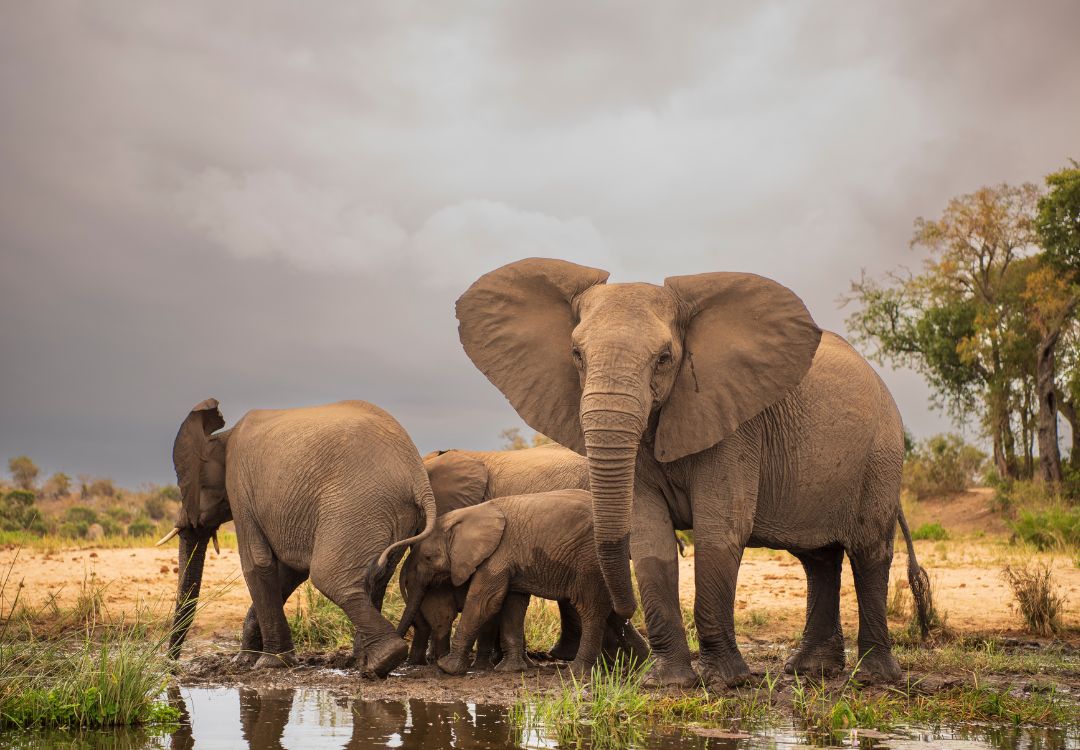Zambia stands at a crucial juncture where the preservation of its wildlife and the pursuit of economic progress intersect. Recognizing the intrinsic value of its natural heritage, the nation has embarked on a conservation strategy that seeks to harmonize wildlife protection with sustainable economic development. At the heart of this strategy lies a commitment to community-based conservation initiatives and eco-tourism ventures that empower local communities while generating revenue.
Community involvement is pivotal, as it fosters a sense of ownership and responsibility towards wildlife conservation. By engaging local residents in conservation efforts, Zambia not only enhances biodiversity protection but also promotes socio-economic development in rural areas. Furthermore, partnerships with international organizations bring additional resources and expertise to the table, bolstering conservation initiatives across the country.
However, the challenge lies in striking a delicate balance between conservation priorities and economic imperatives. While Zambia seeks to capitalize on its natural assets for economic gain, it must ensure that such exploitation does not come at the expense of biodiversity loss or habitat degradation. Sustainable practices, such as responsible tourism and wildlife management, are therefore paramount to safeguarding the long-term viability of Zambia’s natural ecosystems.
In essence, Zambia’s conservation strategy embodies a holistic approach that recognizes the interconnectedness of environmental protection, community empowerment, and economic prosperity. By fostering partnerships, promoting sustainable practices, and prioritizing the well-being of both people and wildlife, Zambia strives to forge a path towards a future where conservation and development can coexist harmoniously.


0 Comments